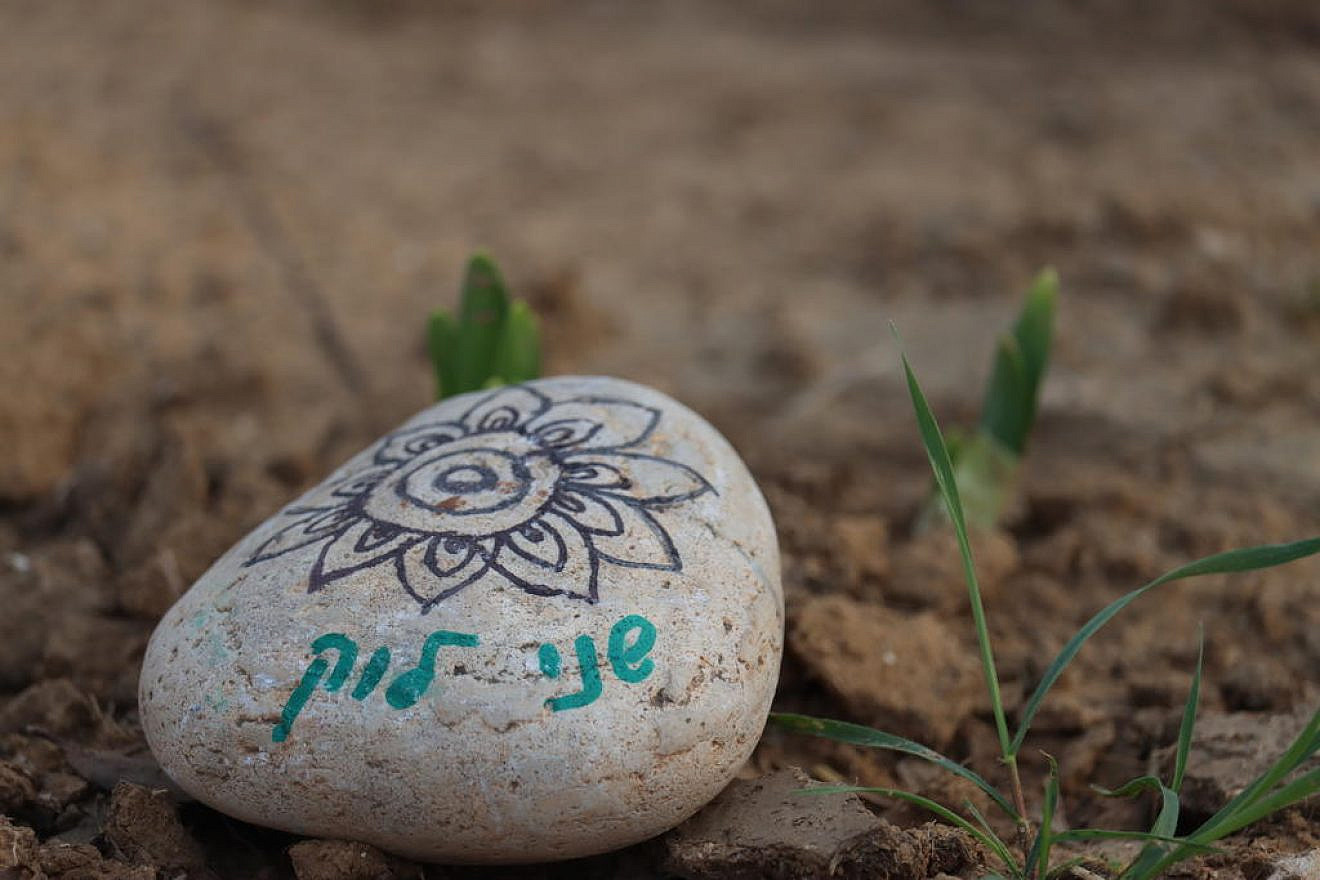“There will be some difficult things to digest here, so take a deep breath.”
The Knesset Caucus for Female Victims of Sexual and Gender Violence in the Swords of Iron War opened Tuesday’s meeting with a trigger warning, accompanied by continuous weeping among the participants.
“I myself don’t want to believe what happened,” said Haim Otmazgin, a volunteer from the ZAKA emergency response organization who was in charge of a team recovering corpses from the scene of the massacre at the Supernova music festival after the Oct. 7 massacre. “When I hear someone questioning what happened there, I stand up and say, ‘My eyes have seen it, and it’s all on my cell phone.’”
His harsh descriptions of the massacre scene are paramount to the goal of the caucus—to spread awareness of Hamas’s brutal sexual violence that day.
“My eyes saw the women stripped of their clothes; you can see someone struggled with them to undress them from the state we found them,” he recalled.
Otmazgin described the way his team worked like a machine, in order to rescue as many bodies as fast as possible while the army was still fighting terrorists close to them and there was a threat of corpses being taken to Gaza.
“Another woman is cuffed, another one is stripped, another one has her body parts cut off. It’s like a series of pictures being repeated again and again. We saw the same things at [Kibbutz] Re’im and later in [other] kibbutzim.”
“In a house at a kibbutz, we found a mother with handcuffs on her hands and next to her daughter in a safe room. In another room next to it, we found a young girl, on the bed, clothes rolled up, shot in the head and her throat split. Her pants rolled down, without underwear on her. There are too many instances like these, and no, we don’t have the video footage to see what was done to these women, but the pictures we saw tell a story that cannot be interpreted in any other way.”
One released hostage, Chen Goldstein Almog, expressed concern for the women still held in captivity.
“There are girls there who have not had their periods for some time, perhaps because of the conditions of captivity, and this is the thought that crosses our minds, that maybe at least this way they will not get pregnant while they might be raped in captivity.”
Turn them into puppets
Aviva Siegal, whom the terrorists released during the ceasefire in November, told lawmakers it wasn’t easy for her to attend the parliamentary meeting but she felt it was her duty.
“The terrorists bring ‘doll clothes,’ inappropriate attire for those girls, as they turn them into puppets on a string; they do whatever they want to them, whenever they want to. And it must be said that the boys also go through what the girls go through. They don’t get pregnant but they are also a puppet on a string. There was not a minute that we were not abused in every possible way, and those girls are still there,” she recalled as people in the audience sobbed.
“My heart is still there, and it explodes,” Siegal added. “I can’t understand that the world is silent.”
As time passed and international women’s organizations ignored or denied the sexual abuse Israeli women suffered, the government formed an independent commission tasked with documenting the sexual violence, raising awareness and pursuing justice for the victims.
Dr. Cochav Elkayam-Levy, a law professor chairing the commission, told the legislators, “In light of the international silence, we understand that we have a historic task. The failure of the international organizations, their silence that causes our demonization in the world—if the international community is not willing to speak up, we will do it for ourselves.”
The full scope of the rapes may never be known, because most of the victims and witnesses were killed. Around 1,200 people were murdered in Hamas’s attacks on Israeli communities near the Gaza border on Oct. 7. Several female hostages released during the November ceasefire have already described being sexually abused while in captivity.
“As we sit here, there is a girl who is stuck in a tunnel and being raped, and it should be told!” Shir Siegel told the Knesset members, sitting beside her mother, Aviva. “Enough talking about it politely while drinking water. Everyone in the world should think about it. You should go to bed like it is your daughter and ask yourself if you did enough for them today.”
MK Tsega Melaku described some of the propaganda that prompted her to co-found the caucus.
“There is a clip of a man protesting in Britain, claiming there could be no sexual violence on behalf of Hamas terrorists as they are Muslims and Islam prohibits sex outside of marriage. That’s how much propaganda we see,” the Likud lawmaker said. “But is there anyone to counter that? Even some world leaders’ wives deny it happened. Where are the women’s organizations?”


























